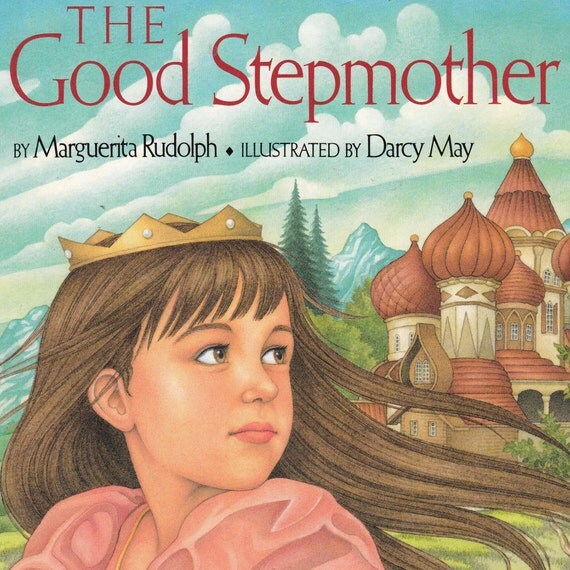I just recently read this book, THE END OF ABSENCE, and like all excellent books, it left me with more questions than answers about this life and how to live it well.
I will not attempt to write a comprehensive review of it here, as there are many wonderful ones that have already been written - such as this from The Washington Post.
But the basic theme that Harris asks us to explore is that we are the last generation who will have known life before and after the digital revolution which has enabled us to be constantly connected to everyone from anywhere. And so we have a unique opportunity to ponder what it is we have gained - and at what price.
The word ABSENCE has a somewhat negative connotation for most of us, I think, as it implies that something good is missing, that there is a lack, a hole, an emptiness. But of course, the irony is that many "digital natives" (term Harris uses for this upcoming generation who have never known life before the internet) do see any time away from computer/phone/internet as a negative experience - they do perceive it as an absence, and yet all these devices that promise so called connectivity, often produce the exact opposite effect - they leave us DISCONNECTED to our deeper selves and to the world around us. They prevent us from being PRESENT to others and to the miracle of life itself.
Much of Harris's observations and insights relate to my passion for stories and promoting the art of reading aloud to our children at home and in school - reading aloud GOOD stories. The act of reading aloud gives us that time to PAUSE and PONDER, to BASK in a whiff of wonder or a bolt of beauty - and it offers our little ones an alternative to the digital world - it fosters this sense of wonder that our digital obsession is fast eroding.
Perhaps Hamlet's dilemma "TO BE OR NOT TO BE is more relevant now than ever, as more and more of us are choosing not "to be" by being swept up into this frantic frenzy of pseudo connectivity and multi-tasking - thus we suffer a certain kind of death - not of the flesh, but of the spirit.
Quite a quandary, no?






